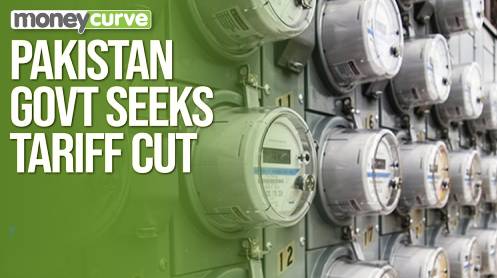Global oil demand is expected to decline by 9 million bpd-10 million bpd this year, Russia’s Energy Minister Alexander Novak said on Friday.
The estimate is more pessimistic than that of the International Energy Agency (IEA), which said in its latest report in mid-August that crude oil demand this year would be 8.1 million bpd lower than it was in 2019. The IEA revised down its demand outlook compared to the July forecast because of sluggish demand recovery and continued weakness in jet fuel demand.
Speaking at the virtual Global Manufacturing & Industrialisation Summit (GMIS) on Friday, Novak also said that the situation on the market is clearer now than it was back in April, and demand has started to recover from the lows in April, according to the Twitter feed of Russia’s energy ministry.
Still, there are many uncertainties ahead, mostly to do with the impact of the coronavirus pandemic, Novak said.
The Russian minister forecasts average oil price next year of between $50 and $55 a barrel, noting that there would be volatility.
Earlier this week, Novak said that Russia would propose to OPEC+ to react to the recovery in global oil demand, which has now reached 90 percent of the levels seen before the pandemic.
“We hope for speedy demand recovery and will propose to react to it under OPEC+ deal,” Reuters quoted Novak as saying.
Speaking at an online meeting to discuss Russia’s oil and gas industry, Novak said, as quoted by the TASS news agency, that Moscow hopes there would be faster demand recovery, to which it would react within the OPEC+ pact.
According to Russia’s energy minister, global oil demand will return to pre-pandemic levels at some point in 2021.
If it were not for the OPEC+ deal – in which Russia is the largest non-OPEC contributor – oil prices would have been $10-20 a barrel, and at times even negative, Novak said, noting that the record production cuts stabilized the oil market and prices.





